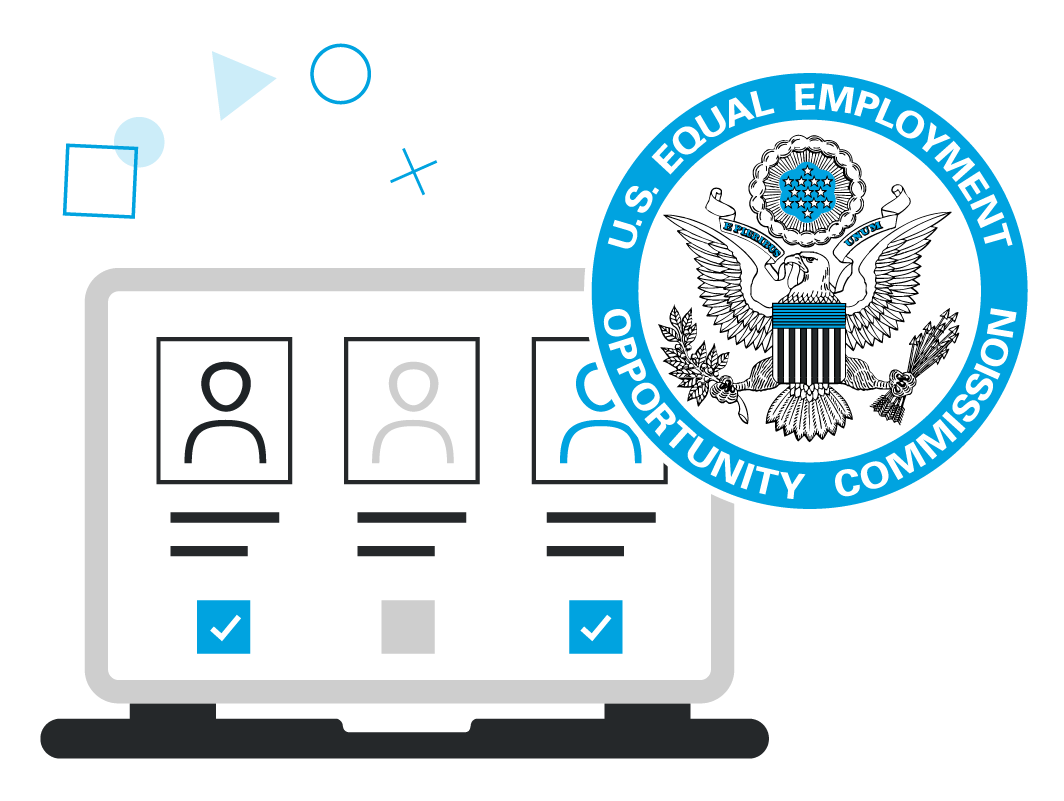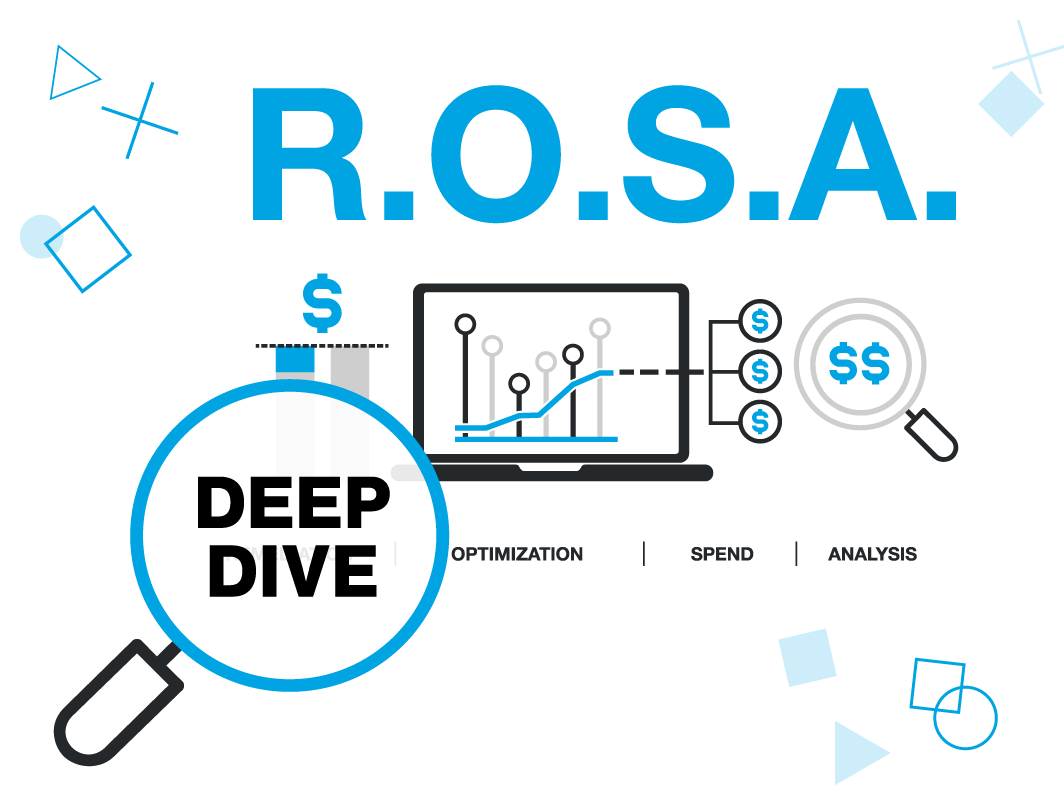
![]()
The last several years have seen increasing efforts toward driving diversity, equity, and inclusion (DEI) change in the workplace.
No matter the industry, organizations have made it a priority, and for good reason. Employers that weave DEI initiatives into their overall mission and goals experience a host of benefits, including increased productivity, employee retention, stronger work culture, and overall better brand perception.
Today we’ll be taking a look at the automotive industry. With over 14 global organizations controlling more than 60 brands, it’s a competitive environment, but some are performing better than others due in large part to their commitments to achieving DEI, a critical component of the social element of environmental, social, and governance (ESG) criteria. Below are the 2020 top-five revenue leaders of the automotive industry.
Volkswagen
Coming in at number one is Volkswagen, or “the people’s car.” In 2020 the car conglomerate saw over $254 billion in revenue. The company has placed great emphasis on ESG criteria, including DEI.
Many of the organization’s smaller brands, such as Audi, Porsche, and Skoda have established goals to reduce emissions and create workplace equality. For example, Skoda outlined in its latest sustainability report that by 2030, it will “ensure equal access for all women and men to affordable equality technical, vocational and tertiary education.”
Toyota
In 2020, Toyota came in just below Volkswagen in terms of revenue, logging in over $249 billion. A contributing factor to the organization’s success is no doubt its commitment to ESG and DEI. Not only is the company making strides to reduce its carbon footprint, it is also fostering a positive, diverse, equitable, and inclusive work environment. Toyota says, “By embracing and living our commitment to advance and foster engaged, diverse and inclusive environments, we are setting the pace in innovation.”
The company most recently published its 2022 Diversity and Inclusion report, which identifies key initiatives it is taking to advance DEI, as well as highlights achievements it’s already made. For instance, the report notes that “the representation of women in team leader roles nearly doubled, from 7% to 13%.”
Daimler (Mercedes Benz)
Coming in third is Mercedes Benz with over $175 billion in 2020. The company identified goals and six strategic areas to enhance the environment and DEI, specifically calling out diversity management, work culture, and equality. In its 2020 sustainability report, the company said it “signed a company-wide agreement for the advancement of women.”
The report adds that the “agreement includes a commitment to increase the proportion of women in the total workforce, in vocational training, and in Level 4 and 5 management positions. We have established numerous measures along the entire ‘employee journey’ in order to achieve these targets — involving everything from recruiting to onboarding and further professional development during the ongoing employee relationship.”
Ford Motor Company
Next is Ford at just over $127 billion. Ford has made transparency critical to its organizational processes. Several years ago the company partnered with Deloitte to conduct a DEI audit, including a compensation analysis across its workforce.
For the last three years, Bloomberg Gender-Equality Index Survey recognized Ford for demonstrating high levels of female leadership, equal pay and gender pay parity, inclusive culture, sexual harassment policies, and a pro-women brand.
General Motors
The fifth and final automotive organization in terms of 2020 revenue earned is General Motors (GM), with over $122 billion. Like the aforementioned organizations, GM has established clear and objective goals relating to DEI. And those goals have resulted in some pretty significant achievements. For example, GM is one of the only companies to achieve global pay equity.
Since 2001 GM has taken strides to achieve pay equity, increase representation and foster a culture of inclusion. Through various programs aimed at increasing female placement, the company has increased its female representation, including 10% in leadership and 30% in top management, according to the company’s 2020 sustainability report. As of 2019, the company was also the “first auto company with a board of directors made up of 55% women.”
Takeaways from automotive leaders
In sum, what do all of the aforementioned organizations have in common? They’ve made the commitment to better the planet, their workers, and the communities they serve. Their corporate goals are tied to DEI initiatives and they make it a point to be transparent about their progress. The result? They are seeing increased revenue.
In addition, these organizations:
- Appoint a DEI executive who is responsible for ensuring alignment between organizational goals and DEI initiatives. Four of the five highest earnings automobile organizations mentioned above have done this.
- Conduct pay equity audits. While Ford has shared the findings with the public and other stakeholders, the other companies are simply not as far along in their analysis to do so.
- Update their ESG strategies and policies regularly, including DEI.
It will be interesting to see how these organizations stack up against each other and the automotive companies not named in this piece following the close of 2022. Ongoing social pressures, new laws, and government agencies are all pushing organizations to take a more DEI-focused approach.
What’s true now, though, is that organizations in every industry should prioritize DEI initiatives like the leaders of the automotive industry. It can seem like an impossible task to make progress on these goals, but like any business function, it requires commitment and goal setting. Many of these organizations have been working on this for years. As the evidence shows, however, it is worth making the effort.
In fact, organizations that prioritize DEI are more likely to meet or exceed financial targets, satisfy and retain customers, and adapt to change, according to research conducted by Josh Bersin.
With new legislation requiring employers to focus on DEI also coming into play, some employers are approaching DEI and pay equity from a compliance standpoint. While that is one way to join the conversation, it’s not ideal. Best practices encourage you to approach DEI proactively, as there are a host of benefits.
If you need assistance implementing a DEI plan, conducting a pay equity audit, assessing your workforce representation, and improving workplace culture, contact us to learn about PayParity. The professional services and software solution can help your organization achieve equal pay for equal work, mitigate risk associated with various laws, including pay data reporting, and boost your brand perception.
If you’re interested in learning more about the benefits of DEI and pay equity, download our research report, Creating a Culture of Diversity, Equity, and Inclusion, conducted by Harvard Business Review.




